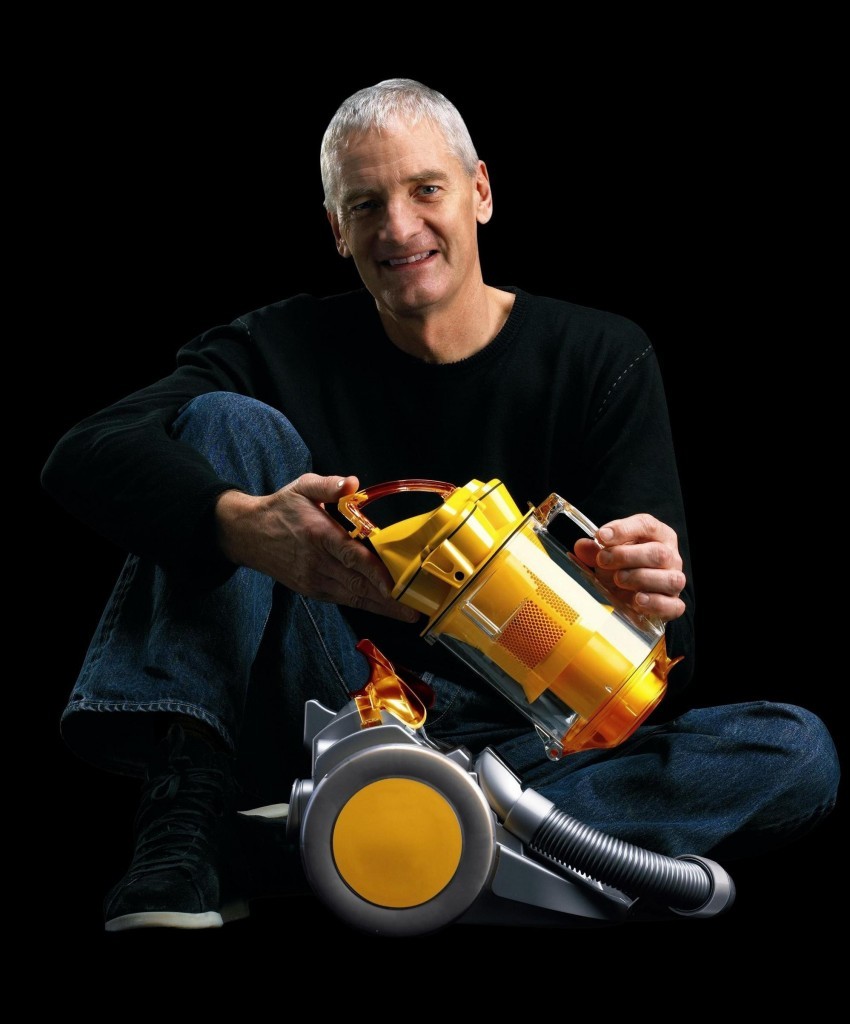
Dyson has lost its bid to change EU energy labelling laws after claiming some rival vacuum cleaners were achieving misleadingly good ratings.
Sir James Dyson, founder of the British technology firm, argued that vacuum cleaners were only tested when they were empty of dust which can “mislead consumers on the real environmental impact of the machine they are buying”.
But in a ruling, the EU’s General Court said it “dismisses Dyson’s action in its entirety” because the company – best known for its bagless vacuum cleaner – had failed to show there were more reliable and accurate tests.
It said: “Dyson states that the regulation misleads consumers because the cleaning performance is tested only when the vacuum cleaner’s receptacle is empty and not during use.
“The court acknowledges that the suction performance and energy efficiency of a vacuum cleaner with a dust-loaded receptacle will be reduced due to dust accumulation.
“It observes, however, that the (European) commission could not use tests conducted on the basis of a dust-loaded receptacle, as they are not reliable, accurate and reproducible, as required by the regulation.”
The court also dismissed Dyson’s claim that current EU energy labelling laws “discriminates” in favour of bagged vacuum cleaners.
Last month Dyson launched legal action against rivals Bosch and Siemens alleging that they were misleading consumers in behaviour “akin to the Volkswagen scandal”.
It claimed that independent testing had shown that machines made by Bosch and Siemens could draw more than 1600W of power when used in the home while containing dust despite having a rating of
750W gained in dust-free testing. This would mean a rating as high as AAAA in test conditions could drop to an E or F in the home.
BSH Home Appliances, the parent company of Bosch and Siemens, announced it was taking legal steps against Dyson over the “unfounded and untrue” statements.